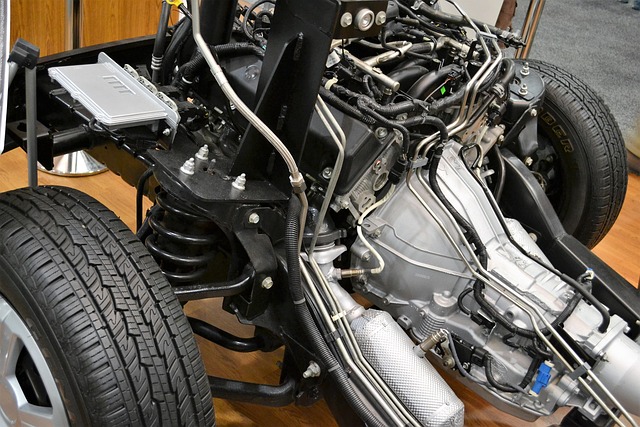Finding Abandoned Cars: Your Guide to Hidden Automotive Treasures
Abandoned cars represent a unique opportunity in the automotive world, offering potential bargains for restoration enthusiasts, mechanics, and budget-conscious buyers. These forgotten vehicles, left behind due to various circumstances, can be found across Canada in surprising locations, from rural properties to urban lots, presenting both challenges and exciting possibilities for those willing to navigate the legal requirements.

What Makes a Car Legally Abandoned?
A vehicle becomes legally abandoned when it’s left on public or private property without the owner’s permission for a specified period, typically ranging from 72 hours to several weeks depending on provincial regulations. In Canada, each province has distinct laws governing abandoned vehicles, with authorities usually requiring proper notice periods before declaring a car abandoned. The process involves documentation, potential owner notification attempts, and adherence to specific legal procedures that vary significantly across different regions.
Where Can You Find Abandoned Cars for Sale?
Abandoned cars for sale often surface through government auctions, towing company lots, and municipal impound facilities. Many Canadian cities regularly hold auctions for vehicles that have been towed and remain unclaimed after the legal waiting period. Police auctions, insurance company sales, and estate liquidations also represent common sources for these vehicles. Rural areas frequently yield discoveries of abandoned cars on private properties, though these require careful legal navigation to ensure proper ownership transfer.
How Do You Legally Purchase an Abandoned Vehicle?
The legal purchase of abandoned vehicles requires following specific provincial procedures, starting with verifying the abandonment status through local authorities. Buyers must ensure all liens are cleared, obtain proper documentation, and secure valid ownership transfer papers. Most provinces require abandoned vehicle purchasers to apply for new registration documents, provide proof of legal acquisition, and sometimes undergo additional verification processes. Working with local motor vehicle departments ensures compliance with all regulatory requirements and prevents future ownership disputes.
What Are the Benefits of Buying Abandoned Cars?
Benefits of purchasing abandoned vehicles include significantly lower acquisition costs compared to traditional car purchases, access to rare or vintage models, and opportunities for profitable restoration projects. These vehicles often present excellent learning opportunities for automotive enthusiasts, mechanics-in-training, and DIY restorers. Additionally, abandoned cars can provide valuable parts for other restoration projects, making them attractive to collectors and repair shops seeking specific components that may be difficult to source elsewhere.
Understanding Canadian Abandoned Vehicle Regulations
Canadian abandoned vehicle regulations vary considerably between provinces, with Ontario requiring 10-day notice periods, while British Columbia mandates different timeframes and procedures. Most provinces require abandoned vehicle reports to include detailed documentation, photographs, and attempts to contact registered owners through official channels. Quebec has particularly strict requirements for abandoned vehicle processing, including mandatory environmental assessments for older vehicles. Understanding these regional differences is crucial for anyone seriously considering abandoned vehicle acquisition, as improper procedures can result in legal complications and invalid ownership transfers.
Cost Considerations and Market Options
| Service Provider | Acquisition Method | Estimated Cost Range |
|---|---|---|
| Municipal Auctions | Public bidding | $200 - $2,000 |
| Towing Companies | Direct purchase | $300 - $1,500 |
| Insurance Auctions | Registered bidding | $500 - $3,000 |
| Private Sales | Negotiated purchase | $100 - $2,500 |
Prices, rates, or cost estimates mentioned in this article are based on the latest available information but may change over time. Independent research is advised before making financial decisions.
The cost of acquiring abandoned vehicles varies dramatically based on condition, location, and acquisition method. Municipal auctions typically offer the most affordable options, though competition can drive prices higher for desirable vehicles. Towing companies often negotiate directly with interested buyers, potentially offering better deals for immediate cash purchases. Additional costs include transportation, registration fees, safety inspections, and potential restoration expenses that buyers should factor into their total investment calculations.
Making Smart Abandoned Car Purchases
Successful abandoned car acquisition requires thorough research, realistic assessment of restoration costs, and clear understanding of legal requirements. Buyers should inspect vehicles carefully, considering hidden damage, missing components, and environmental factors that may have affected the car’s condition. Documentation is crucial throughout the process, from initial discovery through final registration, ensuring all legal requirements are met and proper ownership is established for future resale or registration purposes.




